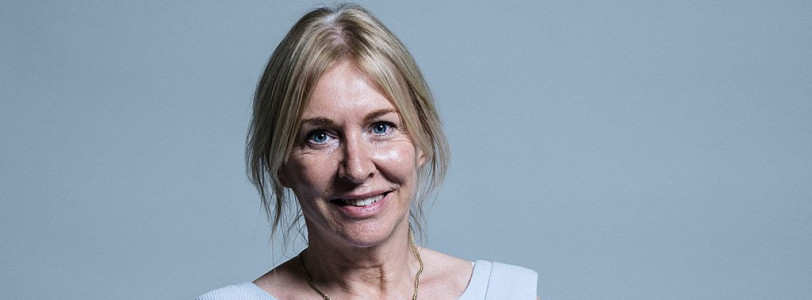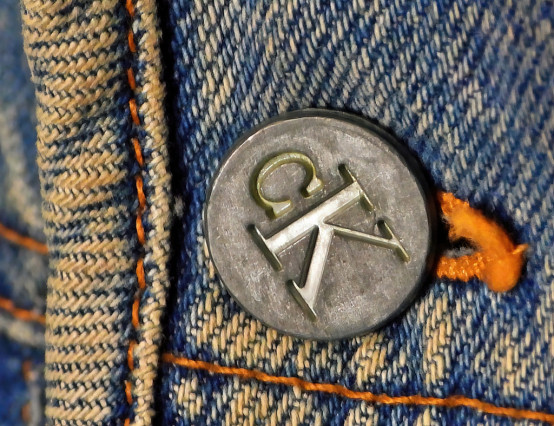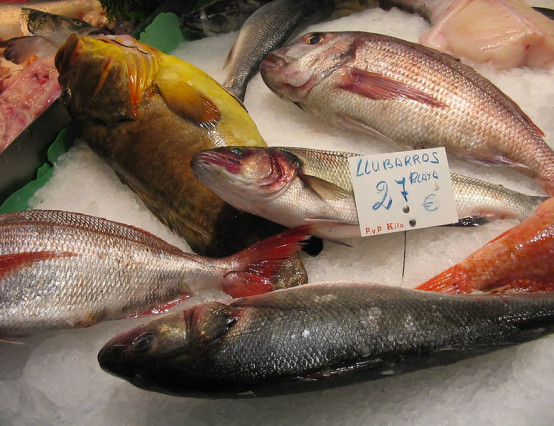Nadine Dorries (Secretary Of State For Digital, Culture, Media & Sport) sent out a tweet on Sunday, proclaiming that the license fee announcement anticipated to be made later this week “will be the last”. A TV license currently costs £159 a year for households with a colour television set within the UK, and you need one to legally watch, record, download or stream content from channels regardless of your device. The BBC’s television channels, radio stations, on-demand services, website and other outlets are funded by this fee, and in exchange it offers us supposedly impartial news coverage and entertainment that is free from advertising. The license’s existence is guaranteed for another five years but is expected to be frozen for two years at £159, after which point the corporation will have to find a way to cover two-billion pounds of its funding.
The BBC offers a number of services which cost the viewer just forty-three pence a day - @LeeJBBC
Dorries for her part has agreed that she believes the corporation certainly has a place and should exist, but needs a "real change" to be more representative, and has to defend itself against the likes of Netflix. Her comments are made against the backdrop of criticism that is often made of the television license, especially the financial burden it can represent and the sometimes ruthless enforcement of its payment. Should the secretary's comments be true and its television license funding be abolished after five years, then the corporation will have to explore alternative models such as a subscription model - à la Netflix.
A BBC source has said of the freeze of the license fee that after enduring years of cuts to its funding, "anything less than inflation would put unacceptable pressure on the BBC finances" and its longevity. Not only this but alternative funding models such as aforementioned subscriptions or mutual ownership, can be argued to be damaging to the corporation’s mission to deliver both impartial and ad-free content. For instance, maintaining impartiality would be difficult if the corporation has to appease its customers – content could become skewed in order to appease paying audiences who have certain political outlooks.
Coincidental timing?
Dorries’ comments come at a time where the prime minister finds himself in hot water due to Downing Street’s lockdown drinks party, leading some to question the suspicious timing of her tweet. Was this policy announcement made just to take the media spotlight off of Boris Johnson? As 'Operation Red Meat' desperately scrambles for meat to appease the hungry lions in the backbench, Dorries and Johnson have been accused of setting their sights on seemingly ‘easy prey’, like the BBC. Whether or not this move will be enough to fulfill the appetite of the backbenchers remains to be seen, although certain backbenchers have come out to the media in order to covertly suggest that it will not.
Lucy Powell (Shadow Culture Secretary) has accused Johnson and Dorries of being “... hell-bent on attacking this great British institution because they don't like its journalism", suggesting it is too left-wing. Jamie Stone (Liberal Democrat Cultural Spokesperson) shared similar sentiments and he insisted that “the government must stop this reckless ideological crusade and back off our BBC", in reply to Dorries. Dorries, in her last role as Health Minister had lambasted the corporation for being “... very left-wing …”. Assuming that this is true, then this matter transcends a debate over funding and becomes a question of ideological motivation – are Johnson and Dorries weakening an important check and balance on the incumbent government? Dorries’ tweet already arrived at a suspicious time given the announcement of ‘Operation Red Meat’, her previous comments however certainly make it seem there are partisan undertones to the decision.
The BBC thing is an attempt to distract us from #PartyGate. Pass it on. - @DavidScheider
The debate around the BBC
Dorries’ tweet consequently ignited a fierce debate around the role and national importance of the BBC. The BBC, like anything else, is an inherently imperfect corporation with both its positives and negatives. Whether or not the positives outweigh the negatives comes down predominantly to one’s own usage of it.
Is the BBC worth it?
One of the main debates around the corporation is whether it is worth the money that one pays for it. The BBC costs license payers just forty-three pence a day and provides television and radio coverage. The defenders of the corporation argue we are all likely to consume media from them on a daily basis, so the forty-three pence a day license fee payers fork out is well worth the seemingly insignificant cost. However, critics suggest that this forty-three pence is wasted if one truly does not consume their media. Indeed, they argue that if it represents such good value that there shouldn’t be an issue with the BBC competing in an open-market.
I'm often struck by how many who say they don't consume BBC output in fact do, in one form or another - the FA Cup, local radio, CBeebies, online, the news etc - and it costs them per day about an eighth of the cost a cappuccino at Costa. I think that's good value. @RevRichardColes
If you think it's good value than [sic] surely you have no problem with abolishing the *compulsory* license fee and letting the BBC compete in an open market? @Tomhfh
Checks and balance or echo-chamber?
Another debate around the corporation is whether it serves as a check and balance or if it’s merely an echo-chamber. The BBC being funded through the license payers enables it to focus on maintaining due impartiality, which proponents argue enables it to circumvent the need to push narratives to appease paying users. However, critics argue that it fails to do this and has become an echo-chamber for left-wing opinions. Dorries herself argues that its staff composition means that its content is inherently left-wing in outlook and does not provide an alternative perspective.
A license to kill
Dorries’ Tweet has started an important conversation surrounding the funding and function of the BBC. The BBC is certainly important, but not infallible – one would be right in asserting it could do with change. This change, however, should be driven out of the genuine desire to improve the service for the nation, not partisan politics which is what appears to be driving both Johnson and Dorries.









0 Comments